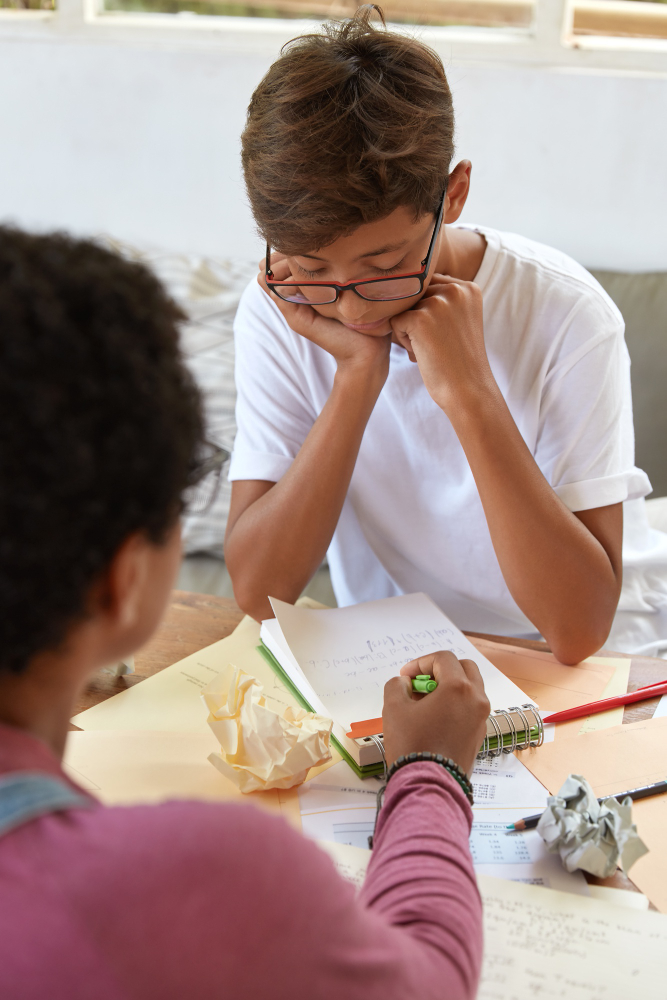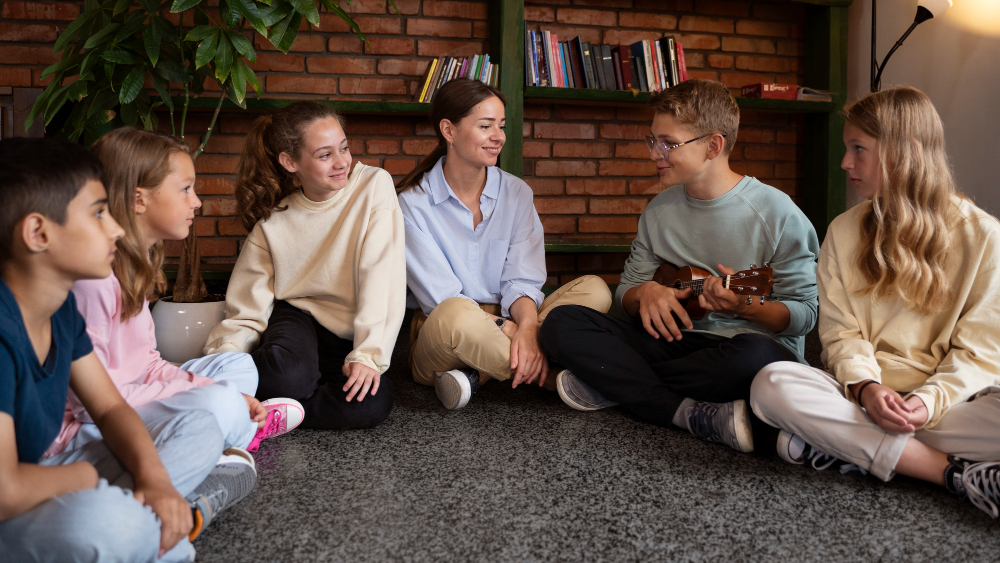Quick Overview
Best for
Teens (ages 12–18) with emotional dysregulation, self-harm, suicidal thoughts, substance use, or high conflict at home.
Session format
Individual therapy + Group skills training (with parents/caregivers), In person or Virtual.
Typical cadence
Weekly individual sessions + weekly group sessions, Session length: 45–120 minutes
Duration
16–24 weeks (shorter than Standard DBT)
Often combined with
Family therapy, trauma-informed therapy, psychiatry, school-based support
Evidence base
Adapted from Standard DBT, proven effective for reducing self-harm and improving family relationships in teens


